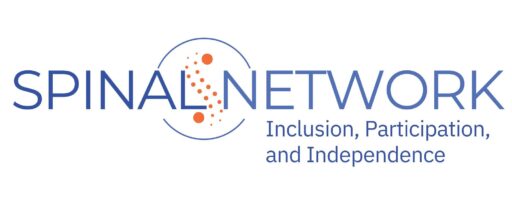What is Peer Mentoring?
Peer Mentoring is an effective way to learn a variety of personal skills, including problem-solving, assertiveness, and goal-setting. Trained Mentors are dedicated to helping people adjust to new challenges and situations. Within the context of spinal cord injury (SCI), a Mentor is someone who has successfully adapted to living with SCI and wants to empower others to do the same. Mentors are knowledgeable about coping strategies, daily living skills, and critical resources.
Why is Peer Mentoring Important?

SCI is one of the most challenging injuries a person can experience. Adapting to life with a disability can be a long-term process, but one that can also be extremely rewarding. Peer Mentoring provides the tools to cope with the medical, psycho-social, and physical changes often associated with SCI. Current research suggests that peer-mentoring is an effective intervention for improving functional outcomes, health, and well-being in persons with SCI. People participating in Peer Mentoring Programs may have a lower incidence of secondary complications (e.g., pressure sores, depression, pain) associated with SCI. Mentors can help Peers re-evaluate their life/career goals. They are able to assist with the day-to-day challenges of living with SCI, particularly those related to self-management of health care and social interactions. SCI may prevent a person from doing things the “old way,” but it doesn’t prevent them from learning new ways to live. Learning new paths to independence, finding new sources of self-esteem, and becoming part of new social systems are all part of successful adaptation to spinal cord injury.
